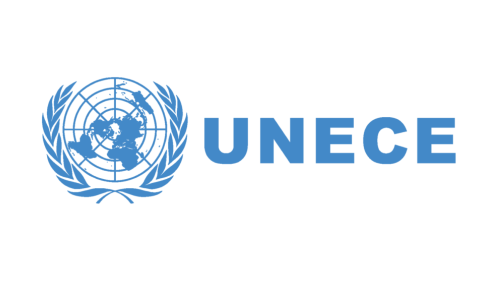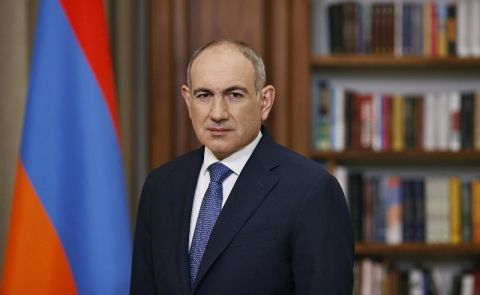
Georgian Parliament Overrides President's Veto on Controversial Foreign Agents' Law
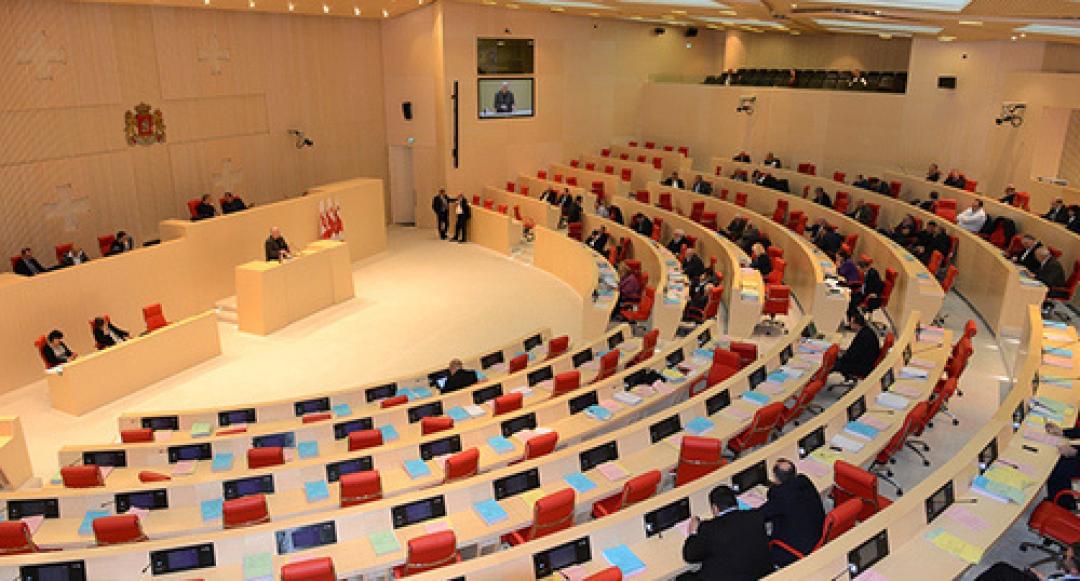
On May 28, the Georgian Dream majority in Parliament overrode the President's veto on the foreign agents' law with 66 votes in favor and 0 against.
During a press conference held on the same day after Parliament's final adoption of the foreign agents' law, Georgian Prime Minister Irakli Kobakhidze stated that the law will create a better basis for ensuring Georgia's accession to the European Union. He asserted that the citizens of Georgia have the right to know who is financed by whom in this country and who carries the positive or negative interests of a foreign power in Georgia. Kobakhidze emphasized that the law would protect Georgian society from any attempts to undermine its sovereignty. He criticized "radical parties, NGOs, and the media" for attempts at revolution over the past four years, asserting that Georgia needed calm and stability rather than radicalization. He thanked Parliament members who supported the "On transparency of foreign influence" law for their loyalty to Georgia’s national interests, independence, and sovereignty. Kobakhidze argued that the law would contribute to depolarization, a main recommendation of the European Union, and would encourage the strengthening of Georgia’s democratic institutions and rapid economic growth. He concluded that the Law on Transparency will create a better basis for ensuring Georgia’s accession to the European Union, predicting that by 2030, Georgia would be better prepared than all candidate countries for EU membership.
Following the Presidential veto override, Josep Borrell, the High Representative of the European Union for Foreign Affairs and Security Policy, expressed the EU’s deep regret at the Georgian Parliament’s decision to override the presidential veto and ignore the Venice Commission's recommendation to repeal the law. "The EU and its Member States are considering all options to react to these developments," the statement reads. It urged the Georgian authorities to reverse this trend and to return firmly to the EU path, emphasizing that there is still time to change the dynamics, but this requires government commitment. "The EU has stressed repeatedly that the law adopted by the Georgian Parliament goes against EU core principles and values," Borrell's statement highlighted, noting that the law’s adoption represented a regression on at least three out of the nine steps set by the European Commission for Georgia after the country was granted EU candidate status. Specifically, the statement mentioned issues related to disinformation, polarization, fundamental rights, and the involvement of civil society organizations. Thus, it indicated that adopting the law would negatively impact Georgia’s EU path. The statement pointed out that beyond the controversial law, "there has been so far insufficient political attention mobilized to progress substantially on the nine steps."
Council of Europe Secretary General Marija Pejčinović Burić issued a statement strongly deploring the Georgian Parliament's decision to adopt the law despite international partners' criticism of its incompatibility with European standards. She noted the negative impact the law would have on democracy in Georgia, including the environment for free and fair elections. Burić expressed regret that the Georgian authorities had missed an ultimate occasion to withdraw the law and refused to engage in meaningful dialogue. She highlighted concerns about the law's adverse impact on informed public debate, pluralism, and democratic checks and balances and warned it could jeopardize the environment for free and fair elections. The Secretary-General also raised concerns about apparent impunity for reported cases of intimidation and use of force against CSOs, activists, and peaceful protesters. She stressed the need for investigations and accountability for rights abuses.
Charles Michel, the President of the European Council, also reacted to the veto override and the final adoption of the foreign agents' law by saying it represented a step backward and took Georgia further away from its EU path. He recalled that Georgia was granted EU candidate status on the condition of undertaking necessary democratic reforms, contrary to which the Russian-style legislation was passed. "The adoption of the transparency law in the parliament is a step backward and takes Georgia further away from its EU path," President Michel wrote. He reaffirmed support for the Georgian people's European aspirations and stated that Georgia would be on the agenda of the next European Council.
The United States condemned the Georgian Parliament's decision to override the Presidential veto and adopt the "anti-democratic" foreign agents' law. US State Department Spokesman Matthew Miller criticized the law for moving Georgia further away from European integration and ignoring the aspirations of the Georgian people. He emphasized that the law would stigmatize civil society and the media, limit fundamental freedoms, and threaten Georgia’s democratic trajectory, future economic security, EU membership, and the US-Georgia relationship.
See Also

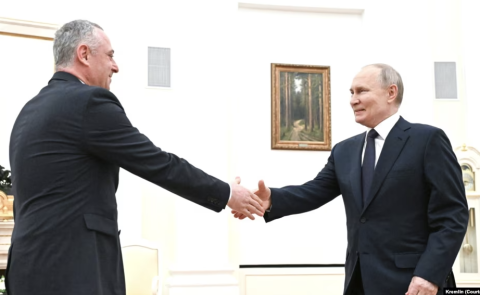
Abkhazia’s Separatist Leader Discusses Relations with Russia

CoE Commissioner Addresses the Georgian Government
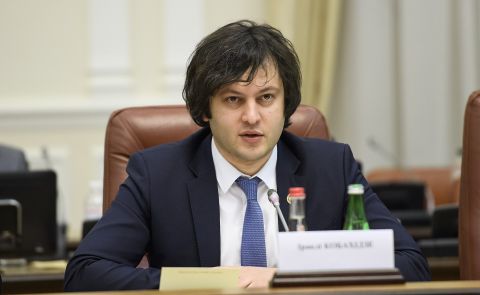
Kobakhidze Announces Plans to File Lawsuit to Ban the "Collective National Movement"
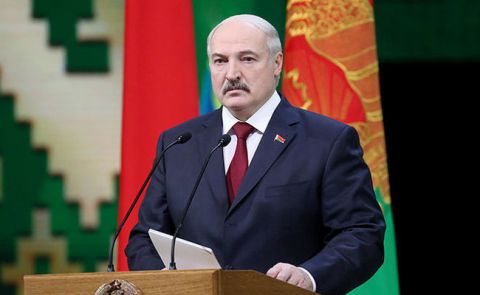
Belarus Affirms It Has Never Been an Adversary to Georgia
